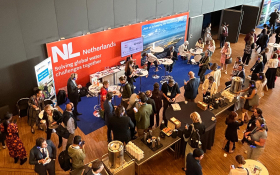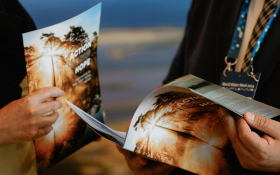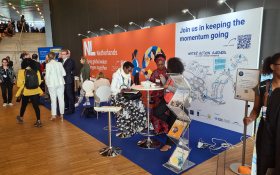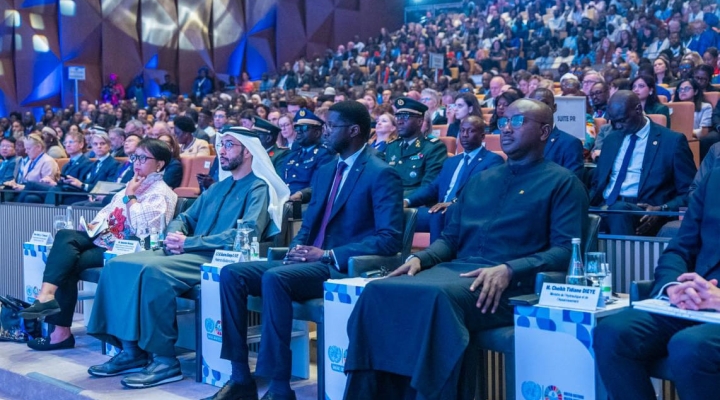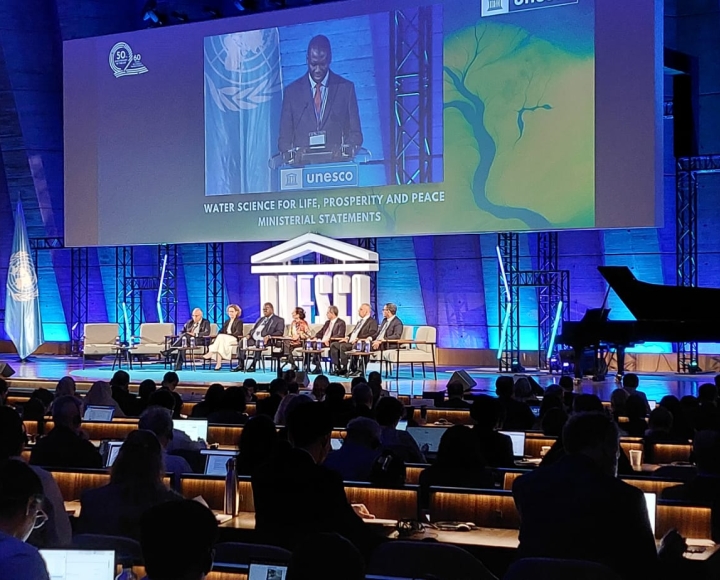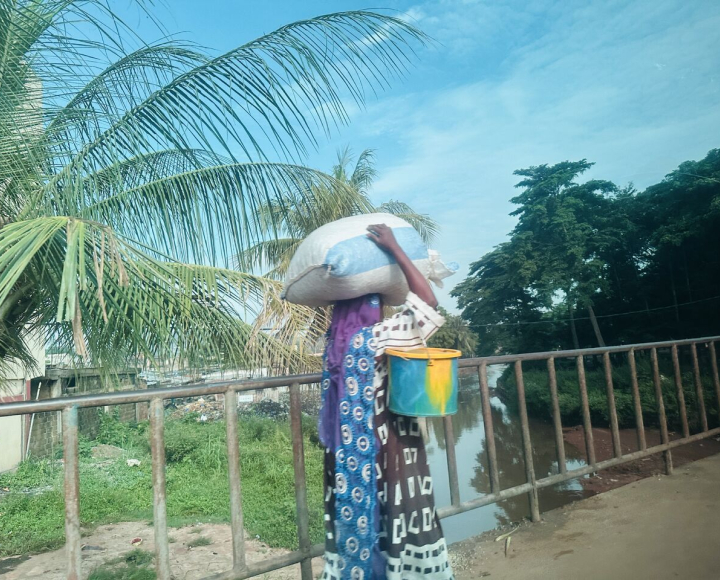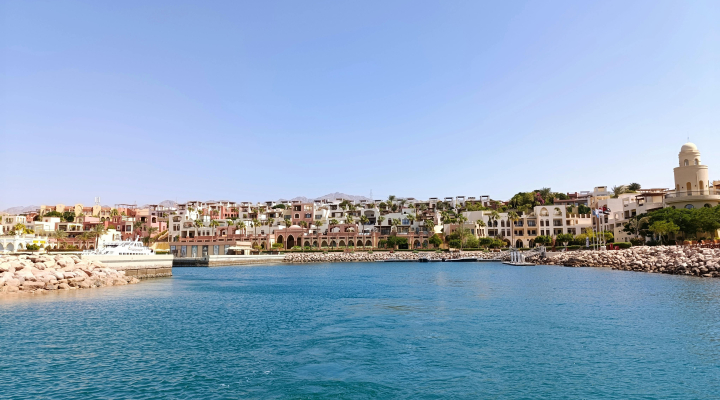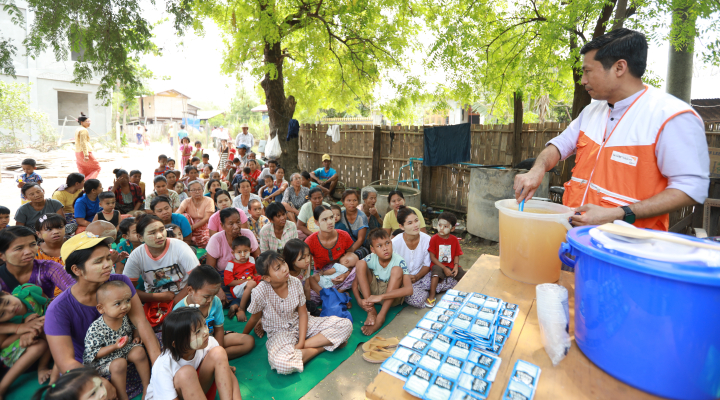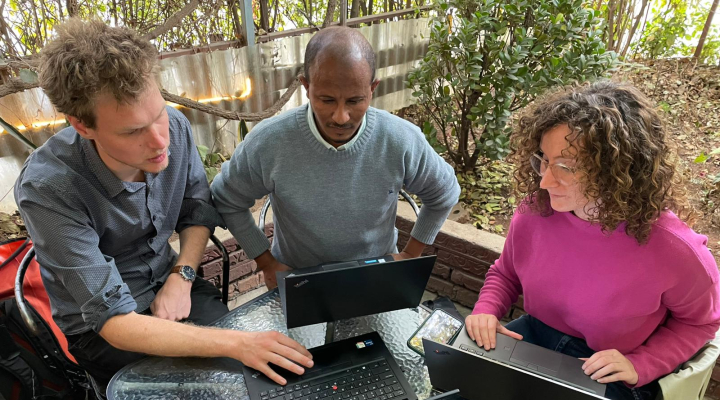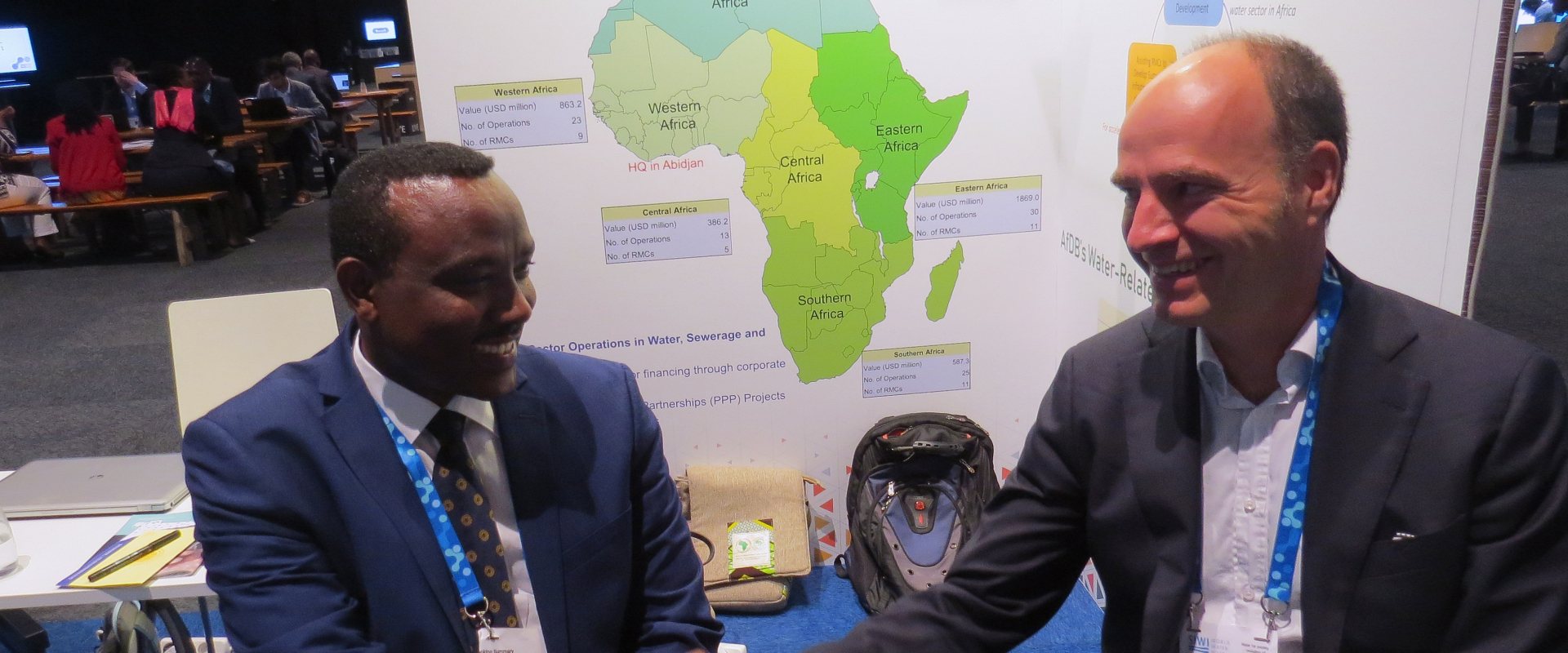
Stockholm World Water Week: Africa needs ‘Marshall Plan’ to reach SDG6 on water by 2030
During World Water Week in Stockholm, African Water Ministers and several non-governmental organisations launched a proposal for a ‘Marshall Plan for Water in Africa’ for the next decade, to guarantee all Africans have clean water and safe sanitation in 2030. The proposal was presented at the session Africa Focus on 28 August.
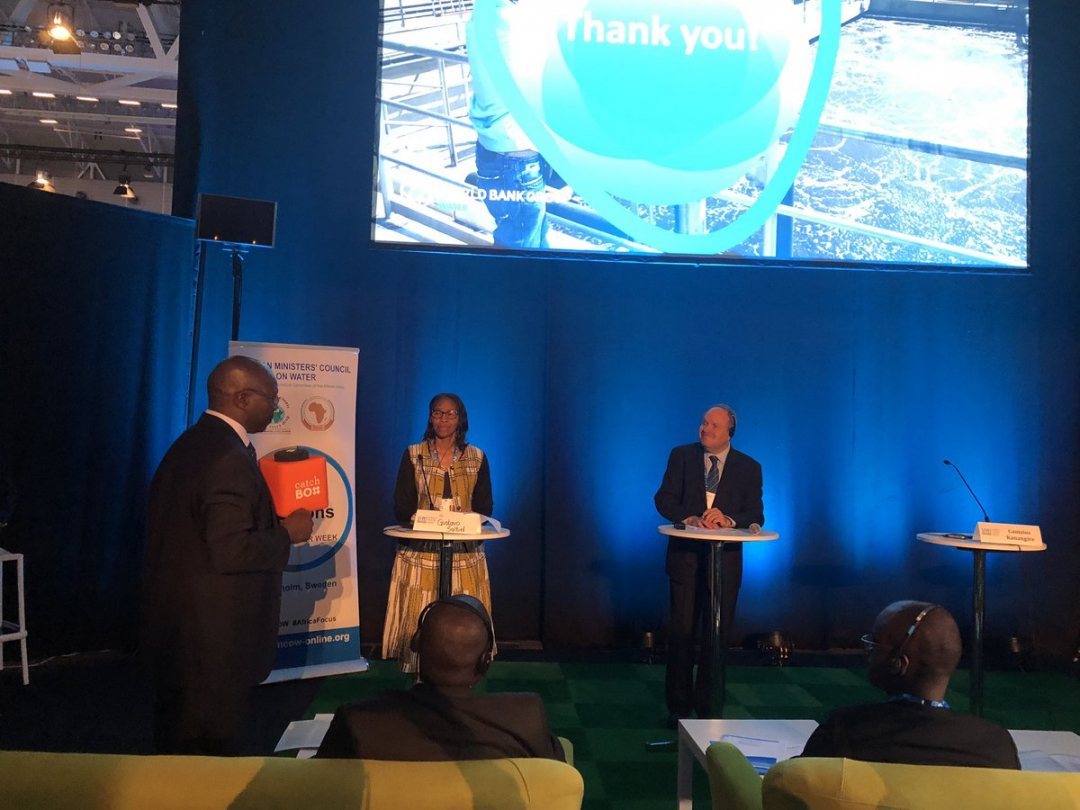

A boost for Africa’s economy
The idea of a Marshall plan for water builds on a broader proposal by German minister Gerd Müller to boost Africa’s economy, create jobs, peace and gender equality, and reduce poverty, migration risks, healthcare costs and risks from climate change. The broader Marshall plan for Africa will be discussed by the European Union in 2020.
The name of the plan refers to a US plan that helped European countries to recover their economies after World War Two with the condition that the countries would agree on a common recovery plan.
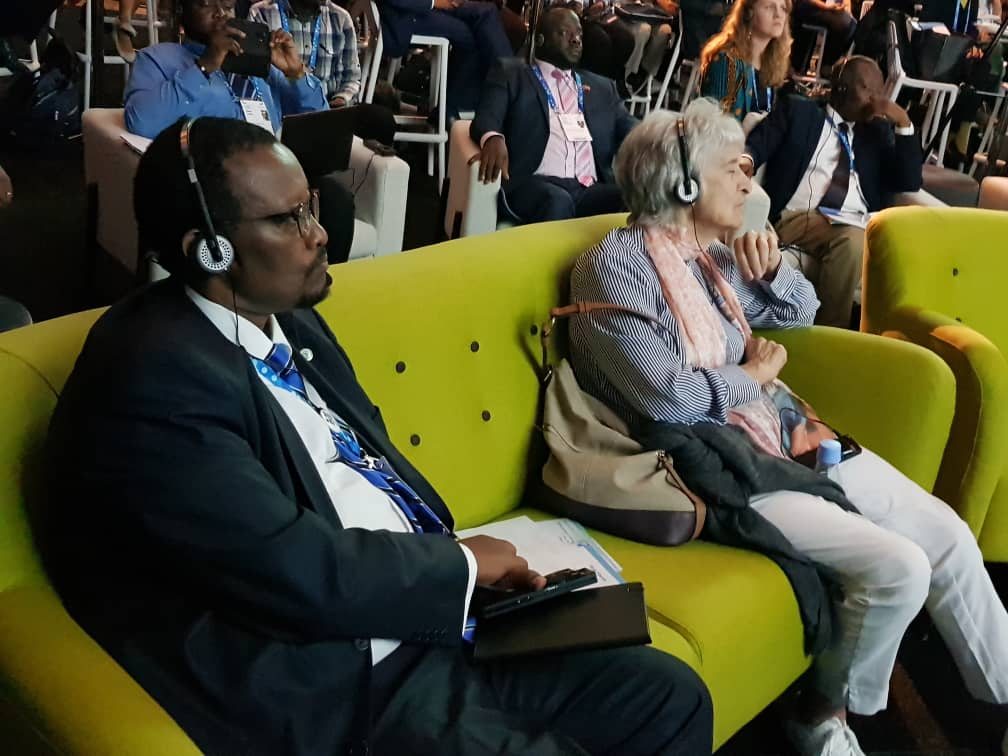

Brilliant plan
The African Focus session at the Stockholm World Water Week was organized by the African Union Commission and African Water Ministers (AMCOW). Both AMCOW Executive Secretary Canisius Kanangire at AMCOW, and Global Lead for Water Supply and Sanitation Gustavo Saltiel at the World Bank, called it ‘a brilliant plan’.
Director Water and Sanitation Wambui Gichuri of the African Development Bank explained once again the importance, stating that in nearly all African countries, more than 50 percent of the population do not have access to at least basic water and sanitation services. Gichuri said: "If countries invest in this sector, economies start growing fast".
After the session it was proposed that AMCOW and the African Union have to take the lead in drafting the Marshall Plan for Water, and to publish sector finance plans for the next decade.
Capacity building
One of the NGO’s that supports the plan is Dutch organisation Simavi that acts as a focal point for the organization Sanitation and Water for All (SWA). According to Jeroom Remmers of Simavi, banks and other investors could pay 14 billion USD per year, while donors USA, UK, France and China pay 0,25 billion euro each per year and larger donors like the EU, Japan/S-Korea, Germany and remaining OECD countries could each pay 1 billion euro per year.
Remmers advocates to earmark some of the funding for capacity building and water governance: ‘Five to ten percent of the Marshall Plan for Water funds have to be used to create better enabling environments, like creating good governance structures, anti-corruption measures, participation in decision making processes from civil society - including marginalized people and women - and technical and financial training’.
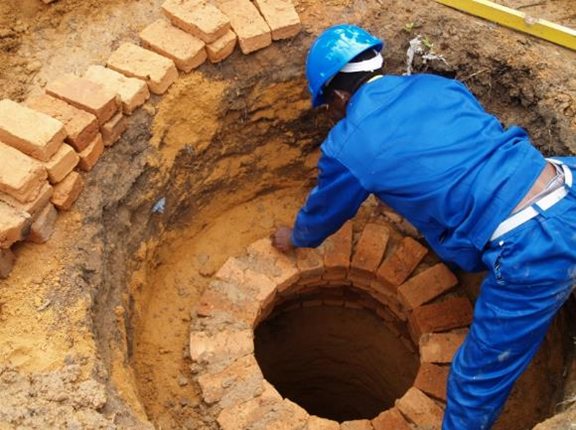

Training of plumbers
Ger Bergkamp, former director of the International Water Association (IWA), has been calling for a Marshall plan at earlier editions of the Stockholm World Water Week in reference to capacity building that will be required to implement all the additional water services. It is not only about money, but also about plumbers. "We shall need 3 million water practitioners", Bergkamp raised. He believes that the plan holds a potential for many new jobs.
Top photo: H.E Dr Negash Wagesho, State Minister of Water, Irrigation and Energy from Ethiopia, together with Jeroom Remmers from NGO Simavi, Dutch CSO focal point within Sanitation and Water for All (SWA), to celebrate the launch of the proposal for a Marshall Plan Water for Africa at the World Water Week, Stockholm, 29 August.




